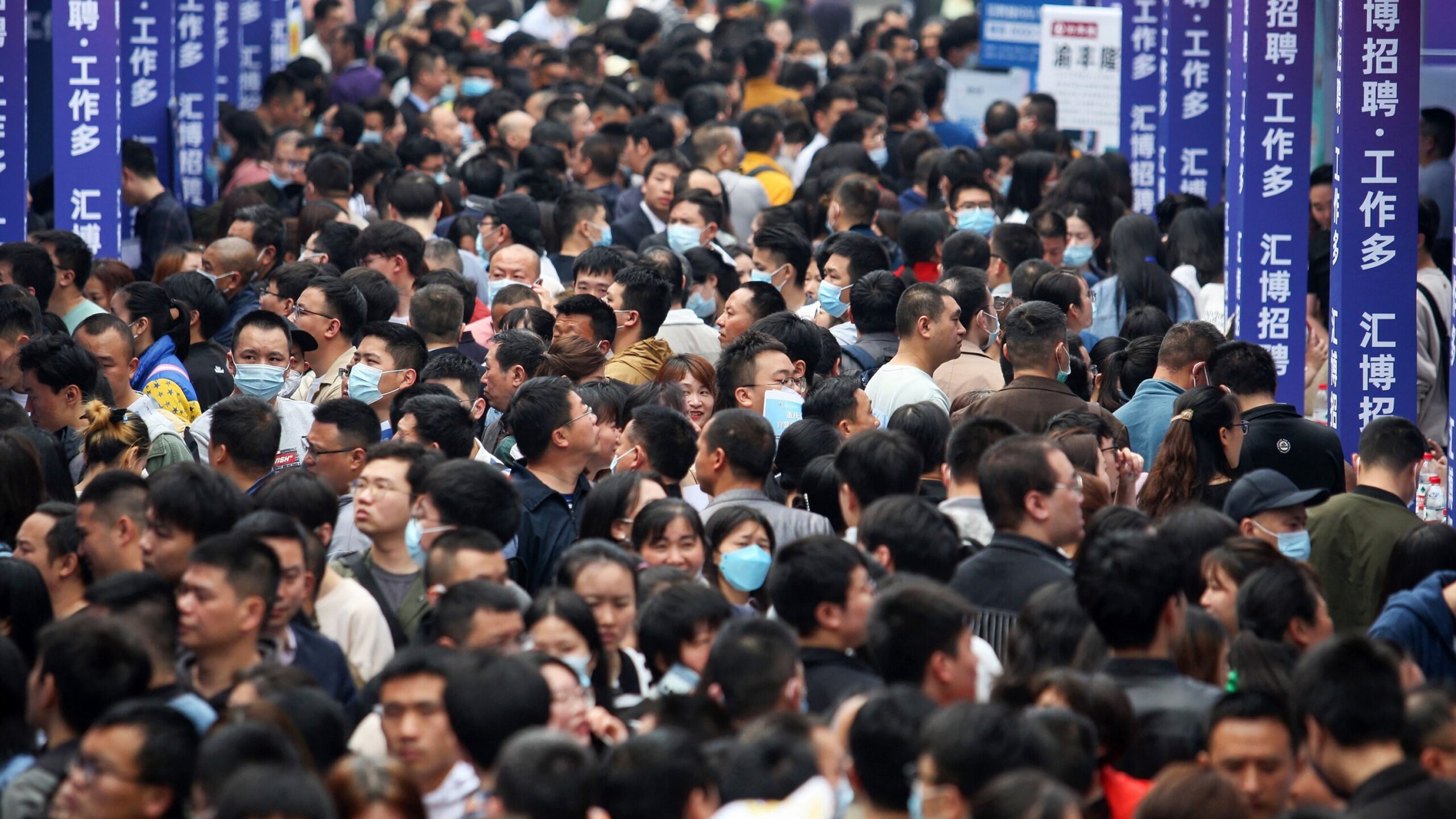This week, China’s leaders have made some significant moves to give their financial markets a boost and get the world’s second-largest economy back on track. They’re pouring billions of dollars into supporting lending and spending, with the central bank cutting bank reserve requirements and rolling out new rules to encourage more lending to property companies.
One of the main challenges China has been facing is a slump in its real estate market, and it’s been holding back the country’s recovery from the impacts of the COVID-19 pandemic. This isn’t just about China – it has ripple effects on global economic growth and stable financial markets.
**How’s the Chinese Economy Doing?**
In 2023, China’s economy grew by 5.2%, beating the government’s target. Things like factory output and retail sales are showing signs of improvement, but many experts are predicting a slowdown in the coming years. Chinese stock markets have been on a bit of a rollercoaster since late 2023, with losses reaching trillions of dollars. The real estate downturn, job losses, and other challenges from the pandemic have made consumers cautious about spending, possibly leading to a deflationary spiral.
**Why Are China’s Leaders Taking Action Now?**
A mix of a slowing economy, crackdowns on the tech industry, pandemic disruptions, and trade tensions with the U.S. has made foreign investors a bit hesitant about business in China. Premier Li Qiang emphasized the need to “stabilize the market and boost confidence.” Last week at the World Economic Forum, he pitched investing in China as an “opportunity, not a risk.”
A big concern is making sure the economy grows fast enough to create jobs for young workers as they enter the workforce. The unemployment rate among young Chinese skyrocketed in 2023, hitting a record of over 21%. It’s come down a bit since then, but it’s still quite high, adding urgency to the need for a strong economic recovery.
**What’s the Government Doing About It?**
The central bank is making moves, like cutting the reserve ratio by 0.5 percentage points, which should free up around 1 trillion yuan ($140 billion). They’ve also reduced interbank interest rates and put out new rules to make it easier for property developers to get commercial bank loans. Real estate companies can now use bank loans tied to commercial properties to pay off other debts until the end of the year. Regulators had already slashed mortgage rates and lifted restrictions on property buying. After share prices took a hit, state-owned institutional investors were reportedly told to buy shares.
**Why Is the Property Crisis a Big Deal?**
Several property developers have defaulted on their debts after the government cracked down on excessive borrowing a few years ago. China Evergrande, the biggest player, is still dealing with over $300 billion in debts, and a Hong Kong court is set to discuss its restructuring plans next week.
The impact of these new policies on the broader property crisis isn’t clear yet. Land sales, a big revenue source for local governments, have been affected. Stalled construction is hitting contractors and suppliers hard, leading to job losses that are rippling through the economy. With new home sales and prices falling, consumers are holding back on spending since a significant part of Chinese families’ wealth is tied up in property. The real estate industry makes up more than a quarter of business activity in China.
**How Will These Measures Affect Regular People?**
As China’s rapid economic rise slows down, people are keeping an eye out for signs that Beijing has a clear plan for navigating through slower growth. While the government is injecting more money into the economy and encouraging bank lending, some experts think these measures might not go far enough. The cut in required bank reserves releases more credit, but it might not address the root issues, as one expert pointed out.
Many economists believe that longer-term reforms are necessary, like building a better social safety net so families can spend their savings instead of stashing them in banks. Too much of the country’s wealth is still going into big infrastructure projects, and uncertainties in policies have discouraged investment in smaller, private businesses – the kind that creates the most jobs.
















































